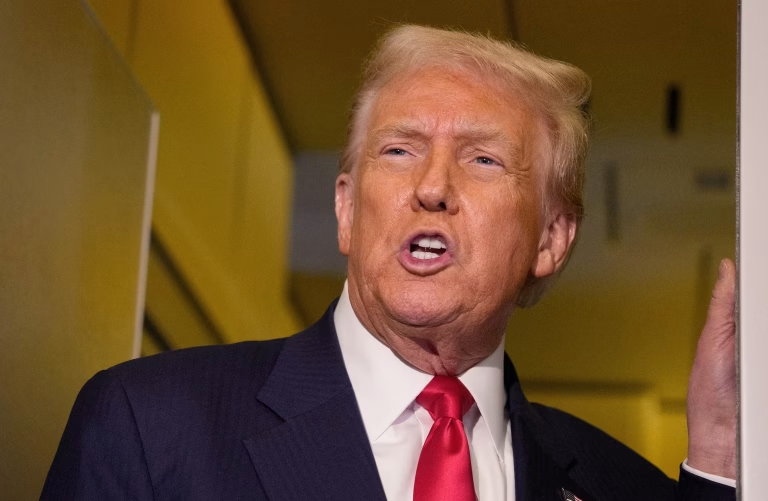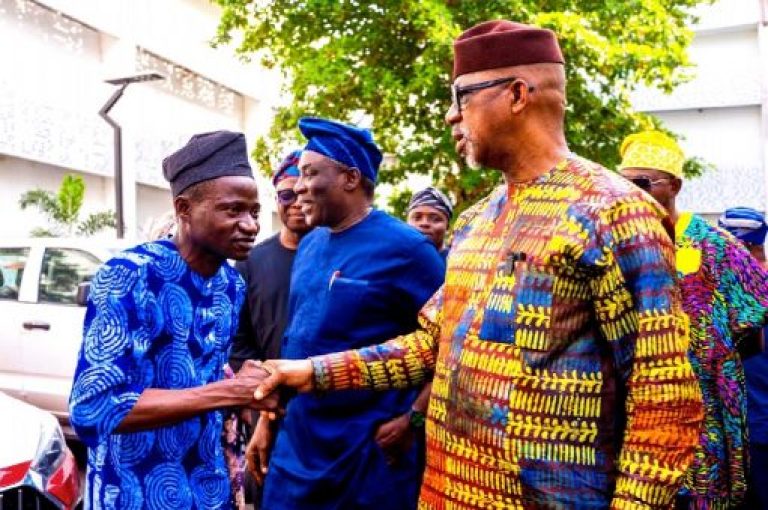
Festus Osifo, president of Nigeria’s Petroleum and Natural Gas Senior Staff Association (PENGASSAN), claims that the government still subsidises petrol.
As a result of President Bola Tinubu’s inauguration speech declaring the end of the subsidy era, the price of the commodity has increased throughout the country.
Osifo, president of the Trade Union Congress (TUC), has said that the government is still subsidising the price of oil months after the change was made because of the fluctuating exchange rate between the dollar and the naira.
Subsidy is being paid for today, he said on Channels Television, referring to the government.
“In reality, there is subsidy today because the price of crude on the international market was around $80 per barrel at the time the earlier price was determined. Brent crude has risen today to a price of about $93/barrel. So, now that it has changed, the price of petroleum must change as well,” the PENGASSAN chief said.
He outlined two requirements for the government to end petroleum subsidies.
“The only reason the price will not move is when you are able to manage your exchange rate effectively and you are able to pump in supply and bring down the exchange rate,” Osifo said.
Therefore, we will not have to pay subsidy if the exchange rate drops today. However, we have implemented subsidy due to the value of the exchange rate and the price of crude oil on the international market.
Lessen The Load
Many Nigerians saw the fuel subsidy, which had been in place for decades and kept petrol prices artificially low, as a benefit from the government.
However, despite being a major petroleum producer, Nigeria imports most of its fuel needs due to a lack of refineries, costing the country billions of dollars annually.
Despite the difficulties that have arisen for Nigerians since the subsidy was eliminated, President Tinubu introduced measures to mitigate these effects in July.
He promised at least $264 million to the agricultural sector, $165 million to small and medium-sized businesses, and $99 million to the manufacturing sector to “reduce the burden.”
We will make sure that staple foods are readily available and reasonably priced, he promised.
That’s why I’ve ordered the distribution of 200,000 metric tonnes of grains from our strategic reserves to individual households,” Tinubu said.








